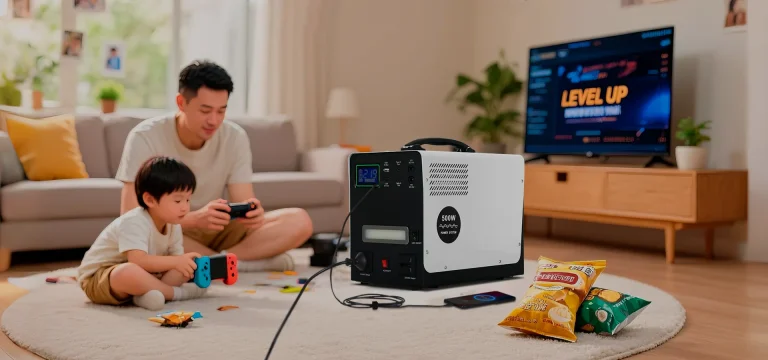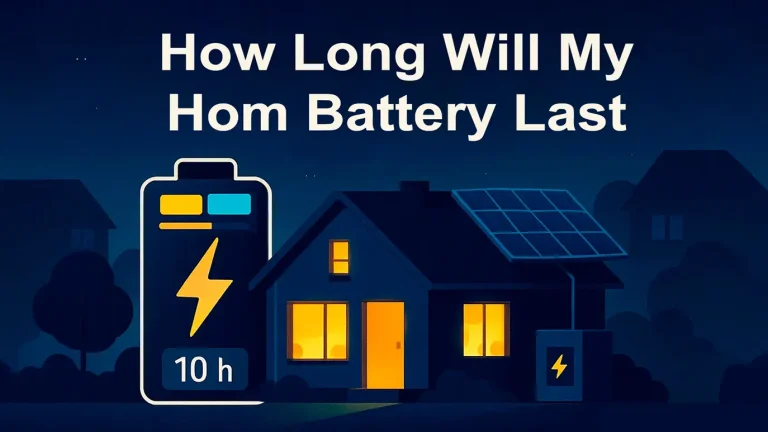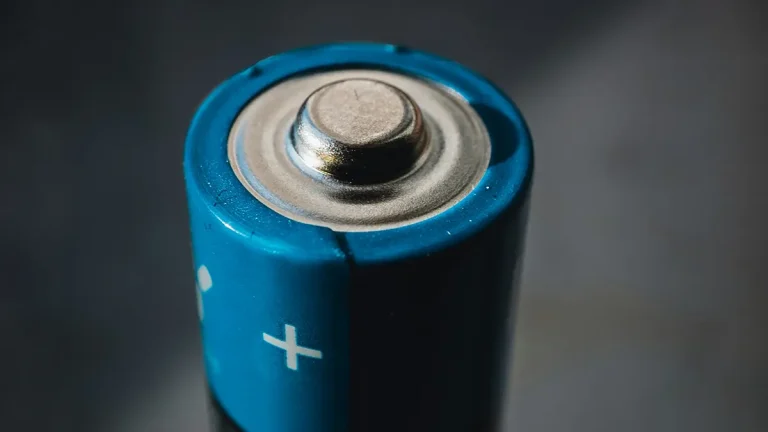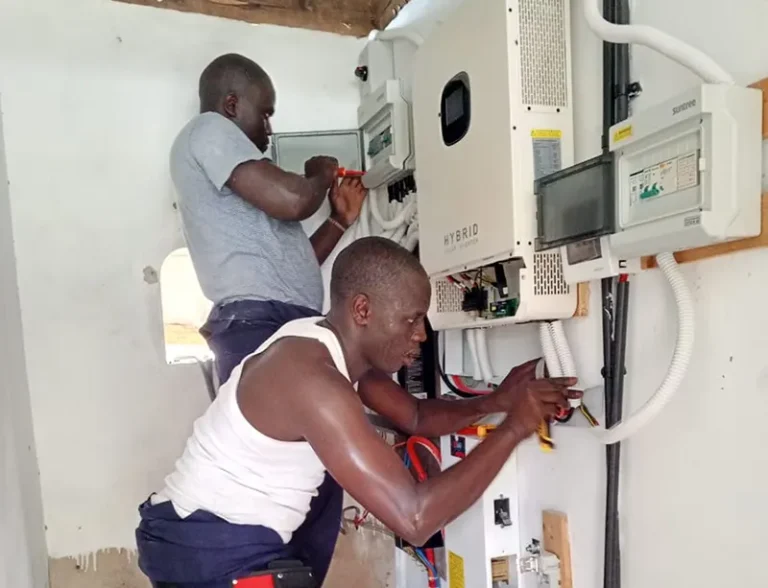22 May, 2025
Is a 10kW battery enough to run a house
As energy independence becomes increasingly accepted among homeowners, more people are considering battery energy storage systems for home use. A common question arises: is a 10kW battery enough to meet daily household needs? This article explores that question by examining battery power output, storage capacity, and typical home energy usage scenarios, helping users determine the right battery size for their needs.
It’s important to clarify whether “10kW” refers to the power output (kW) or energy capacity (kWh). These two metrics serve very different purposes and have a major impact on whether a battery can sufficiently power a home.
10kW Power Output: How Many Appliances Can It Support?
What Is Power (kW)?
Power, measured in kilowatts (kW), refers to the maximum instantaneous output of the battery. For example, a 10kW battery can run appliances with a combined power draw of up to 10kW at the same time.
Is 10kW Enough?
Below is a reference table of common household appliance power consumption:
| Appliance | Power Range (kW) |
| Refrigerator | 0.1-0.3 |
| Air Conditioner (unit) | 1.5-3.5 |
| Washing Machine | 0.5-1 |
| Electric Water Heater | 2-4 |
| Microwave Oven | 1-1.5 |
| Induction Cooker | 2-3 |
| Lighting | 0.1-0.6 |
In normal use, as long as multiple high-power devices are not running at the same time, a 10kW battery can handle most of a household’s simultaneous power demands.
However, for larger homes with central air conditioning or electric vehicle (EV) charging, 10kW may not be enough to cover peak demand.
10kWh Capacity: How Long Can It Power a Home?
What Is Capacity (kWh)?
Capacity, measured in kilowatt-hours (kWh), represents how much energy the battery can store. 1 kWh = 1 unit of electricity. So, a 10kWh battery stores 10 units of electricity.
How Long Does a 10kWh Battery Last?
This depends on your current energy load. For example:
| Load Power | Runtime |
| 1 kW | 10 hours |
| 2 kW | 5 hours |
| 5 kW | 2 hours |
A typical three-person household consumes around 20 kWh per day. In this case, a 10kWh battery would only support about 5 hours of usage, falling short for full-day power needs.
If the battery is intended only for emergency backup or nighttime use, 10kWh may be barely sufficient.
Calculation Formula:
Operating Time (h) = Total Energy (kWh) / Power (kW)
How to Choose the Right Battery Configuration for Your Home?
When selecting a home battery system, consider your energy goals, daily consumption, electricity rate structure, and whether you have solar panels. Here’s a breakdown of common use cases and recommended configurations:
| Energy Usage Goal | Recommended Capacity (kWh) | Recommended Power Output (kW) | Application Scenario |
| Backup Only (Power Outages) | 5~10 kWh | 3~5 kW | Supports lighting + a few appliances; low cost |
| Nighttime Use (with solar) | 10~15 kWh | 5~10 kW | Stores solar energy during the day for night use |
| Full-Day Supply (High-usage) | 20~30 kWh | 10~15 kW | Requires inverter support for full-day usage |
| Off-grid / Unstable Grid | 30~50 kWh | ≥10 kW | Can support several days of continuous usage |
Therefore, when choosing a home battery storage system, it’s important to understand your household energy goals, electricity bills, appliances, and usage habits.
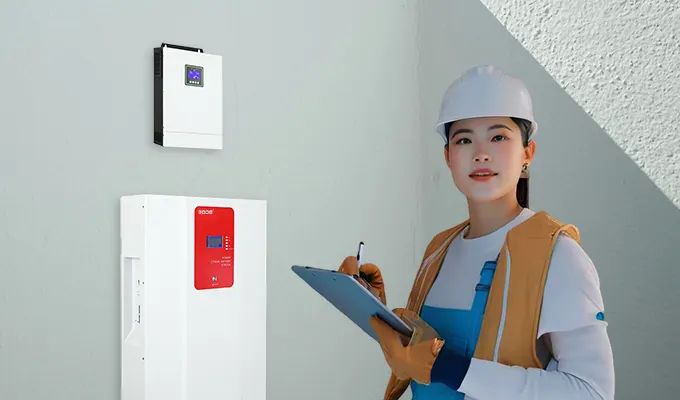
Conclusion
While a 10kW power output may be enough to run most home appliances, a 10kWh capacity is generally insufficient for full-day use without solar or grid support.
Always distinguish between kW (power) and kWh (capacity) when selecting a battery system, and configure it based on your household’s usage habits, solar availability, and backup needs.
share





